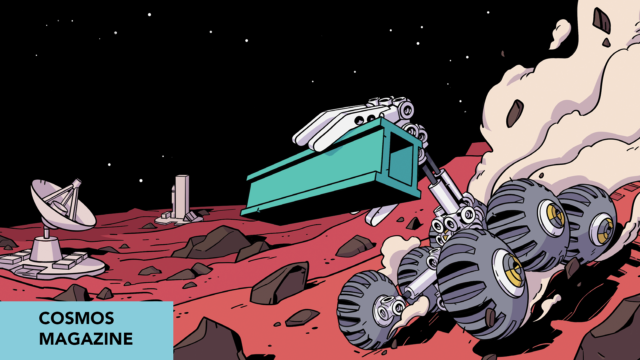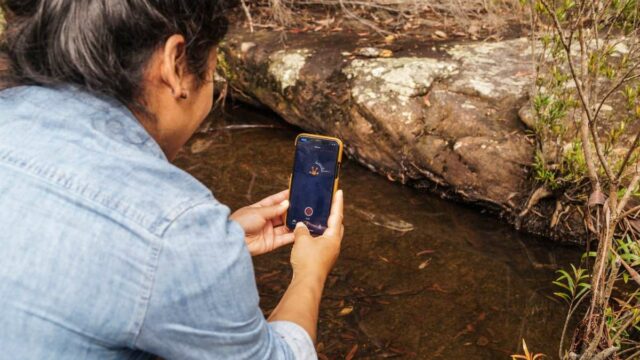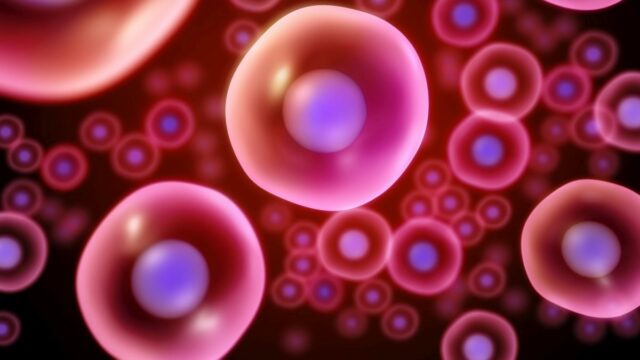Topics:
Chemical Sciences – Chemical Reactions, Atoms, Solids/Liquids/Gases
Earth and Space Sciences – Renewable/Non-Renewable Resources, The Changing Earth
Physical Sciences – Energy
Additional: Careers, Maths, Technology, Engineering
Concepts (South Australia):
Chemical Sciences – Properties of Matter, Change of Matter
Earth and Space Sciences – The Earth’s Surface
Physical Sciences – Energy
Years: 5, 6, 7, 8, 9, 10
Word Count: 961
From rockets to race cars, natural gas is being developed to replace conventional fuels in unexpected ways. This article discussing the future of fuels could be used alongside Chemical, Earth and Space and Physical Sciences for years 5, 6, 7, 8, 9, and 10.
This could be used alongside a second education resource on methane fuels that can be found here.
Login or Sign up for FREE to download a copy of the full teacher resource





